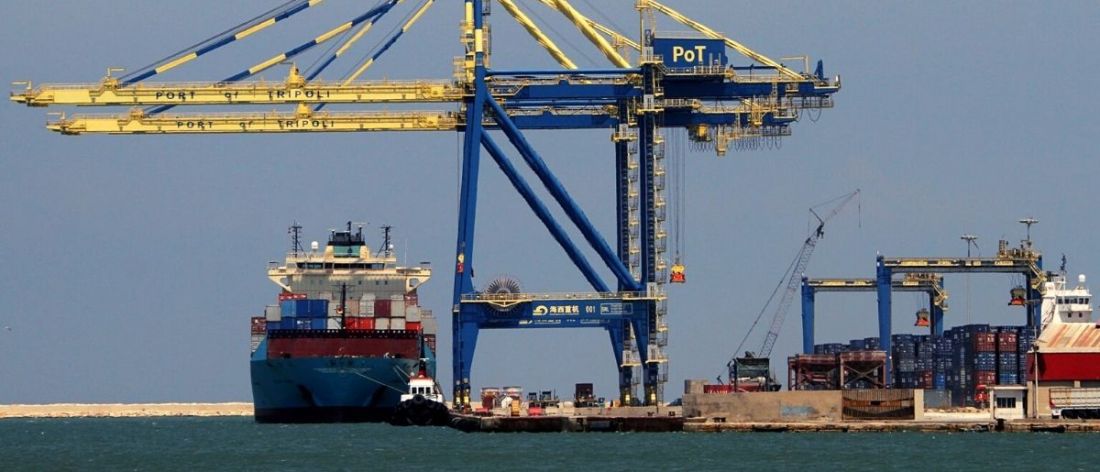The Lebanese authorities released the oil ship Jaguar S, which was detained in one of its ports, along with the fuel it was carrying, intended for smuggling to the Syrian regime, more than two months after its seizure.
The Lebanese MTV channel accused the authorities of collusion, as they allowed the ship to leave the port of Zahrani after it entered it without permission on Sept. 25, 2020, with the aim of smuggling gasoline to the Assad regime through Lebanese territorial waters and circumvent the penalties of the Caesar Act.
MTV said in a televised report that the ship left the port with its 4 million liters (2,750 tons) of gasoline, instead of “confiscating the fuel and distributing it to the people.”
The channel clarified that it had obtained information that the Assad regime pressured for the ship to be released, noting that a settlement was reached with the Lebanese Customs, which led to issuing a decision to release it, despite the ship’s violation of international and local laws.
MTV pointed out that the launching of the ship with its cargo took place despite the signature of the President of the Republic, Michel Aoun, and former Prime Minister, Hassan Diab, on its seizure. The channel referenced the official decisions that are in accordance with international law, which justify the seizure of the ship and other things that enter Lebanese territorial waters in an illegal manner, to the benefit of the Lebanese army..
MTV warned that the decision to release the ship places the Lebanese state, which is already suffering from a deteriorating economic situation and scarcity of fuel, on the radar of the US Caesar Act.
The channel wondered how such a decision was taken, noting that everyone knows that the ship’s documents are forged, and its cargo is intended for smuggling, through Lebanon, to the Syrian regime, stressing that all of this information is corroborated by documents and evidence.
MTV concluded its report by uncovering information about a second vessel, currently located beyond Lebanese waters, intending to smuggle oil and fuel to the Syrian regime, without any control or supervision.
The first ship arrived on Sept. 25, 2020, in Lebanese territorial waters from Greece, and was not identified. It later transpired that the ship did not come at the request of any official party or any private company, according to what the General Directorate of Oil confirmed. At the time, a statement was issued stressing that importing oil for the benefit of establishments is based on the tenders conducted by a specialized committee and according to set guidelines.
This article was translated and edited by The Syrian Observer. The Syrian Observer has not verified the content of this story. Responsibility for the information and views set out in this article lies entirely with the author.


